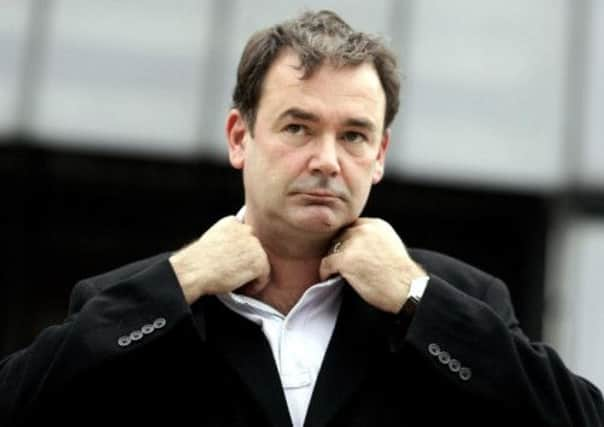Labour to look at ban on under-12s advertising


The party will also consider ways to help parents stop their children from accessing online pornography and other inappropriate websites.
In a speech on family policy, Mr Cruddas suggested Labour could offer paid leave for fathers to attend antenatal classes or hospital appointments while their partner is pregnant.
Advertisement
Hide AdAdvertisement
Hide AdHe told the IPPR North think-tank that Labour would “learn lessons” from Sweden, where there is a ban on adverts aimed at under-12s.
“Parents do not want advertisers targeting children or pop videos depicting degrading images of women,” he said. “And they don’t want their children accessing pornography on the internet.
“The commercialisation of childhood creates a status-seeking consumer culture in which children judge one another by what they own. For children without money it is a humiliating experience of inferiority.”
He added: “We will look at how we can help to empower parents to decide what content their children see online and we will learn lessons from other countries, such as Sweden, which has banned advertising to children under 12.”
In efforts to encourage the role of fathers in bringing up children, Mr Cruddas said “They should have rights enshrined in employment law; for example, we will look at paid leave to attend antenatal sessions.”
He said some public services did not believe engaging with fathers was important and in some cases treated men as a “risk to be managed” as a result of fears about domestic violence.
“We must not let policy be dictated by a small minority of men,” he said. “We need a whole family approach, which assumes that a child needs a relationship with both parents.”